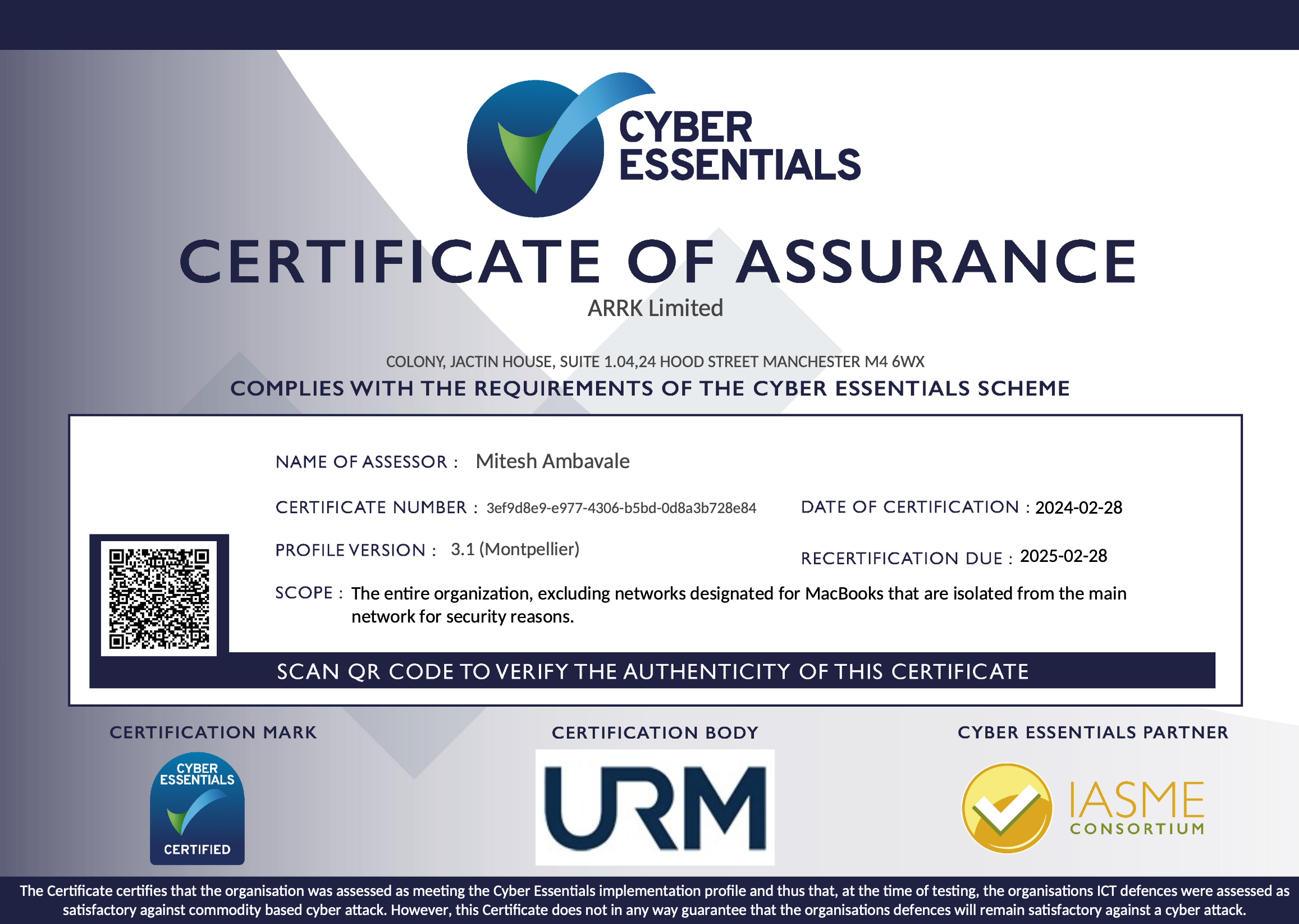Open Source Software: Demystified
By Team Arrk |
|
4 mins read |

The term ‘open source’ is used frequently, and is applied to fields other than software programming.
Companies often describe their business approach as ‘open source’ when they mean they have an open source leadership style or workplace culture.
In this article, we’ll discuss open source in the context of software programming and other business areas.
Definition of open source
Open source software is defined as “software with source code that anyone can inspect, modify, and enhance” (Open Source Way). The term open source was coined by nanotechnologist Christine Peterson in 1998.
This type of code is developed on the premise that all software source code should be free to access and belongs to the community. The source code is open to the world, and doesn’t require a fee. Theoretically, the open source approach results in better code, because the software is made by many hands.
Open source software contrasts the products of companies like Microsoft, which historically turns a profit from selling software that is closed source. This means it can’t be accessed by any developers outside of Microsoft’s organisation.
Background to open source
As well as being a type of source code, it’s an intellectual movement that many people believe is more in keeping with the foundations of the web itself, which is largely built on open source.
Supporters of open source believe that software code should be freely redistributed and modified. It’s in some ways similar to the idea of knowledge sharing in academia: can someone really own an idea, or is it better for it to be shared by the community?
The success of open source depends on the contributions of communities. Companies that benefit from open source should try to donate their resources to give back, such as by encouraging their own developers to contribute to the project.
Open source in business
Open source business principles are founded on the idea of open exchange, and that we work better together.
For example, transparency, meritocracy and community are key to development. Open source businesses may have leaders who regularly assess and respond to feedback.
Businesses practices are collaborative and employees are able to directly influence their work environment.
Famous examples of open source
You’ve probably already used open source software in your daily life, perhaps even without realising it. OpenOffice and Libreoffice, both fully-fledged office suites, are free and open source. Bibisco is free and open source software for writing novels.
The Linux kernel is the most prominent example of an open source operating system, created by Linus Torvalds. Torvalds is possibly the most well-known figure in open source.
The Linux Foundation charges itself with supporting the tech ecosystem to develop using open standards and protects the development of the Linux kernel.
What is FOSS?
Some people think that open source is not a sufficient term to describe free software, because it’s easy to get confused between ‘free’ as in ‘no cost’, and ‘free’ as in ‘the ability to modify’.
Free and Open Source Software (FOSS) is a newer term that describes the combination of open source principles and free software principles.
Open source means that the software is developed by a community and can be modified freely, while free software refers to the fact that there are no restrictions on users, including financial ones.
Pros for business
We’ve already written an article about the pros of open source software for business, but we’ll briefly summarise them here again.
Open source software can be very cost-effective for business. It’s also freely customisable.
There are often also paid versions of software available that provide businesses with any support they need to run it effectively. These options are still cheaper than closed-source software.
Businesses can also contribute to the open source community once they’ve benefited from the use of free software, and this shows they’re willing to give something back.
Cons for business
As open source projects are usually voluntarily maintained by communities, there’s always the chance that the project will lose momentum and maintenance will cease.
It can also be difficult to stay ahead of the licences in open source software. Businesses can be at risk of a lawsuit if they use software incorrectly.
Final remarks
Open source software has been popular among its adherents since the birth of the web itself, but is now being revived in the business world again.
Popular with developers for its ease of use and low cost, businesses are catching on to the many benefits of open source.
The use of open source in business is continuing to rise, making a positive impact on profits and workplace culture.
On Wednesday 14th June, Arrk Group will be exhibiting at London Tech Weeks: ‘How Open Standards and Systems can transform public services’. Get your free tickets here.









